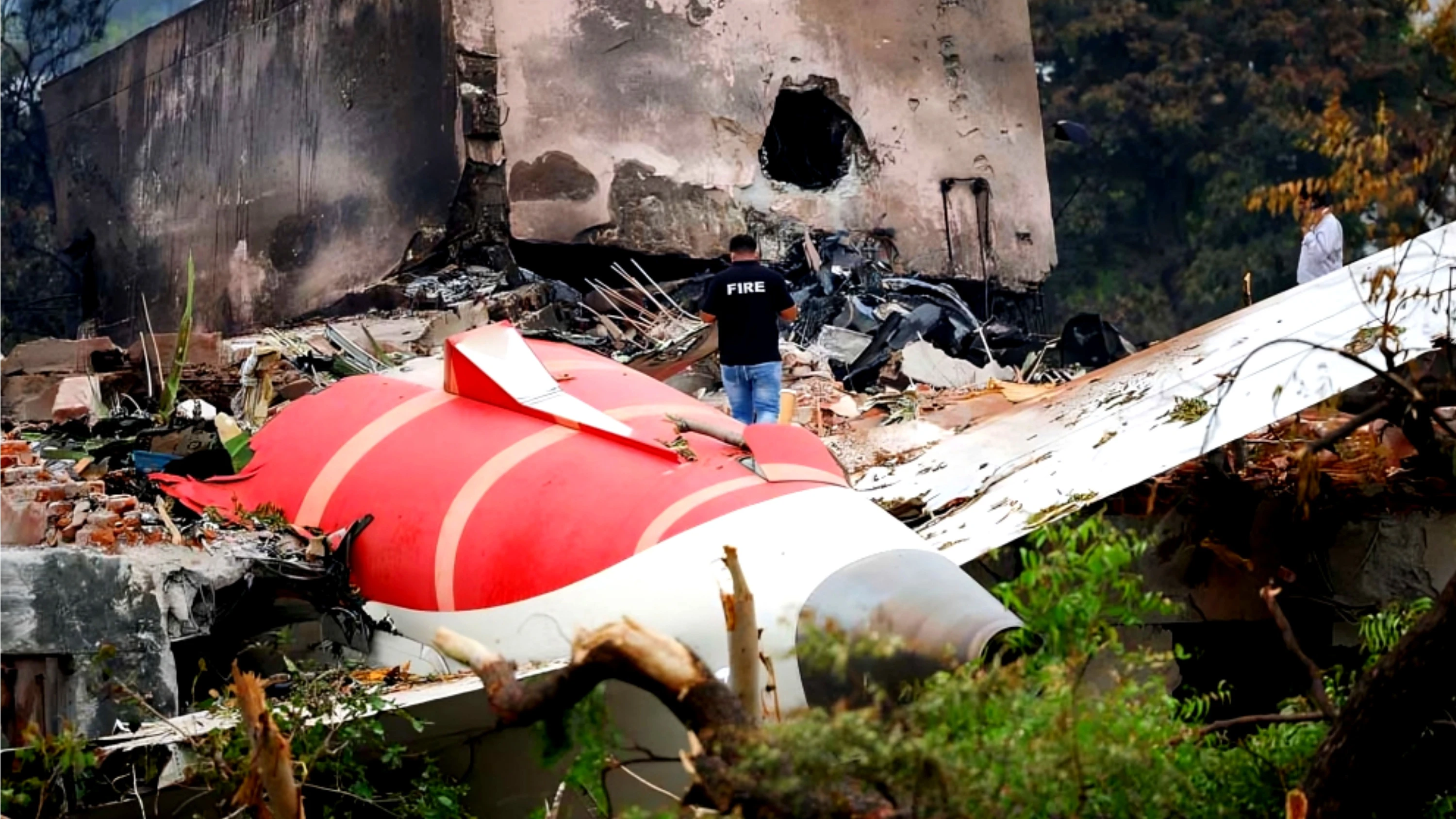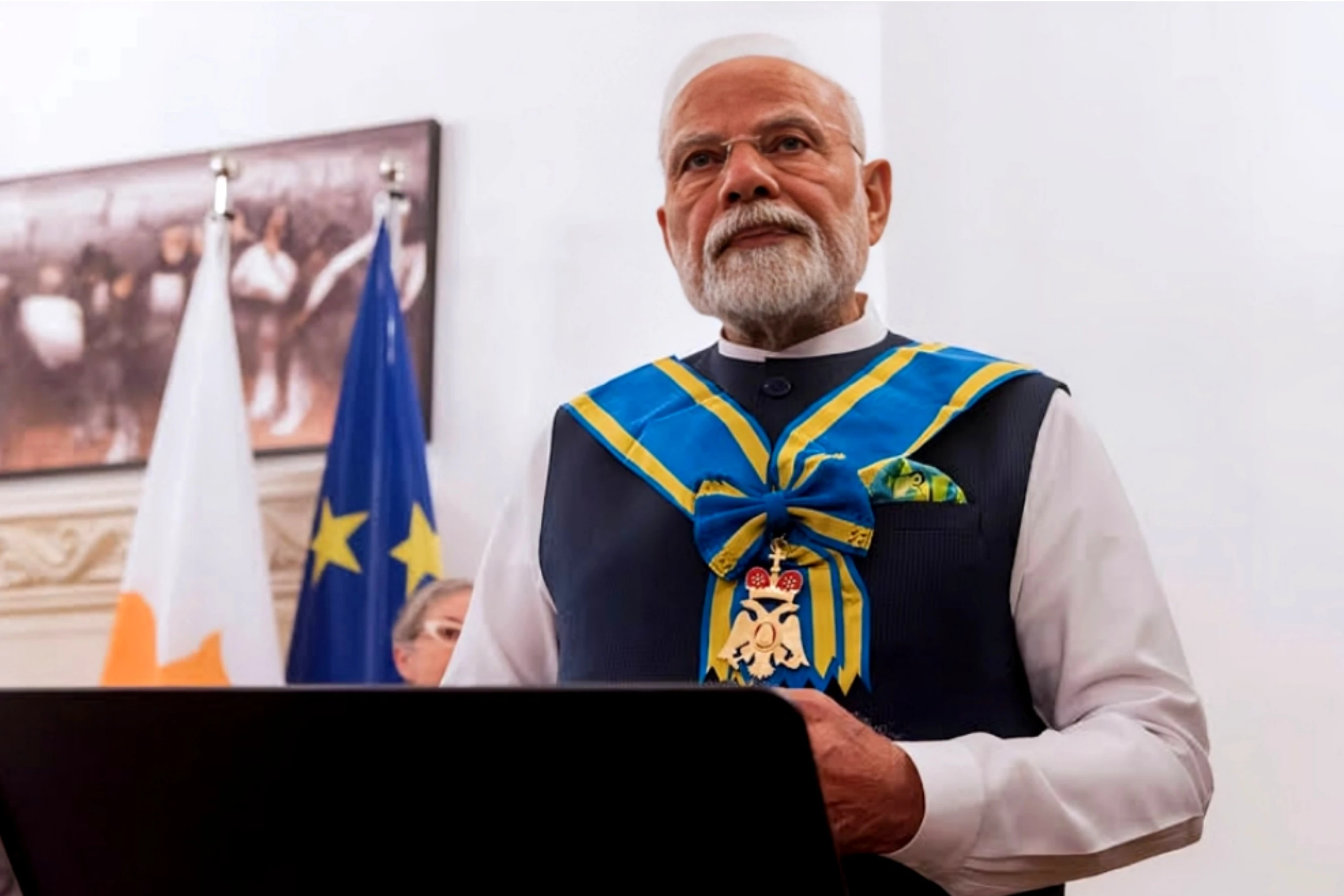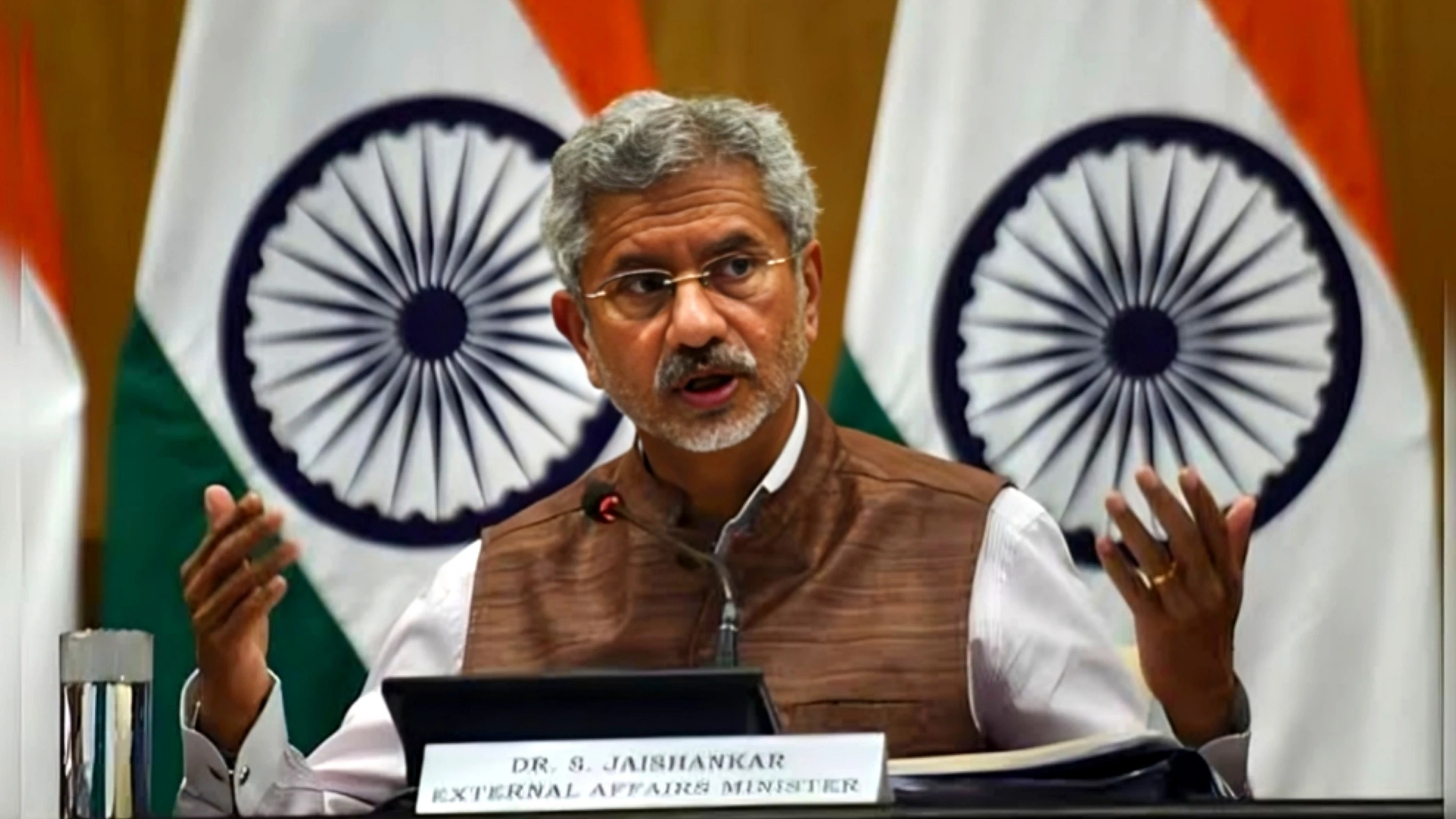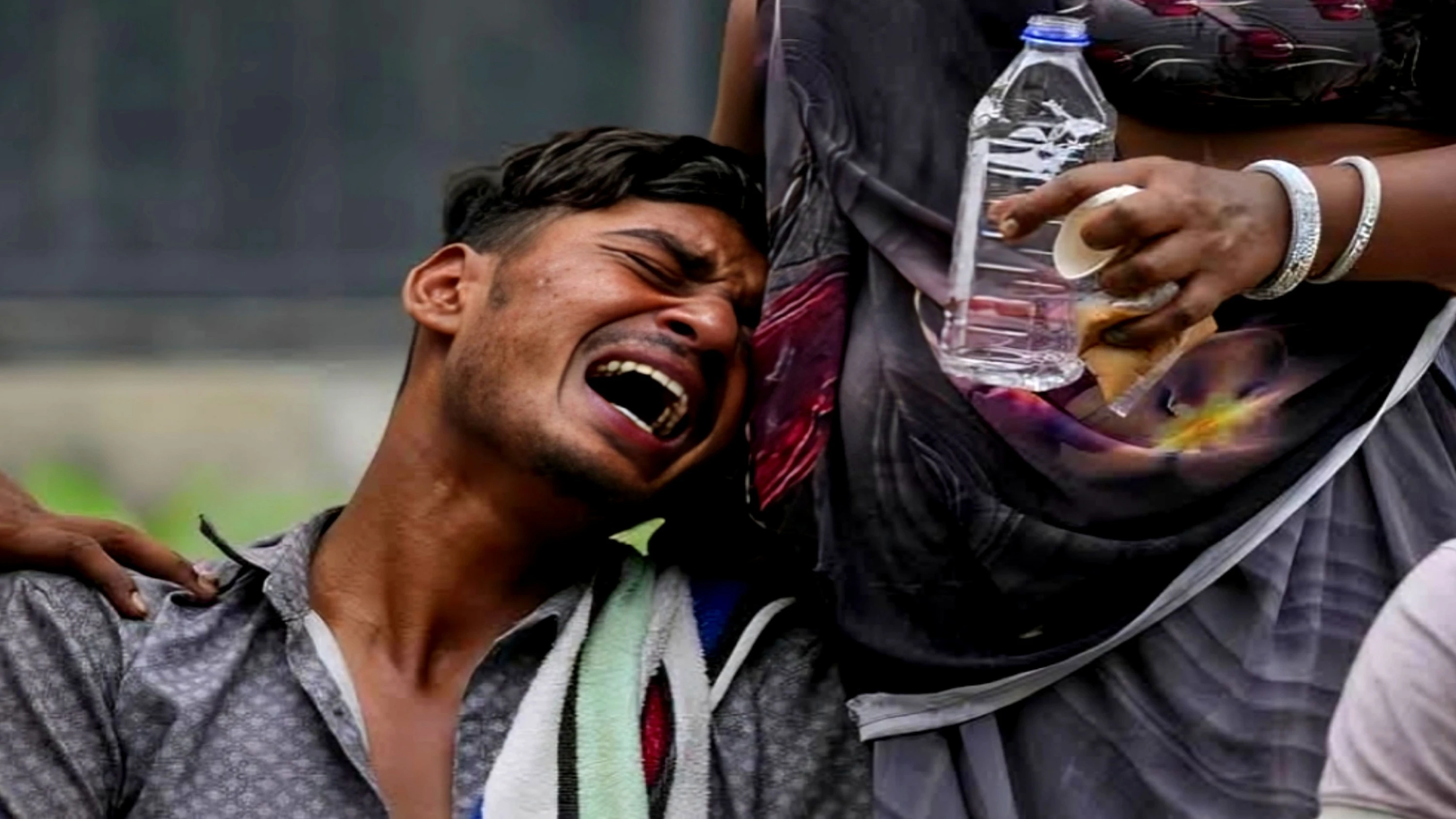New Delhi: While giving a speech at a huge public rally held for the first time in Gomati District by the Tipra Motha Chief himself, Pradyot Kishore Debbarman seemed unusually annoyed while exhibiting a stringent public warning against Yunus. He had just begun to express his doubts about the many ways with which extraneous forces could infiltrate the greater commission of the organization around China and thus may be a direct threat to our Indian territory in the Northeast, once it spirals out of control in some direction.
Debbarman sharply disagreed with Yunus's statement where he referred to Bangladesh as the 'maritime gateway' to the northeast, stressing with great concern that China is waiting for a foothold in the region. Yunus had, while in Beijing, subtly suggested that Bangladesh's location is the only link that could assist all seven landlocked northeast states, including India to connect with the nearest maritime borders, effectively opening the gates for Chinese economic expansion; this, in effect, raises fears against the perceived improvement of the northeastern states nor their security.
Calling this 'Greater Tipraland,' an extending debate would see further implementation but as of now back to his opposition for any possible danger to the region's stability by Bangladesh. Debbarman warned that if anything untoward is done to Tripura or the northeastern India, it would automatically be a precursor to a faster breakup of Bangladesh - hence materializing the concept of Greater Tipraland, envisioning a reunion of indigenous Tiprasa communities across the Chittagong Hill Tracts. Its divisive ancestry could dissolve under such mounting pressure from nationalist factions.
The strain between the two leaders emerged in an environment when PM Narendra Modi engaged with Yunus in Bangkok during the recent BIMSTEC summit and shared concerns for the safety and security of minorities in Bangladesh. From his end, Modi reconfirmed India's commitment to a peaceful and inclusive relationship with Bangladesh while discouraging hyperbolic rhetoric that could be damaging to relations.
This exchange appears to underline the intricacies of regional politicization where territorial disputes and geopolitical alliances continue to dictate India, Bangladesh, and China relationship.
[Source Credit: NDTV]








